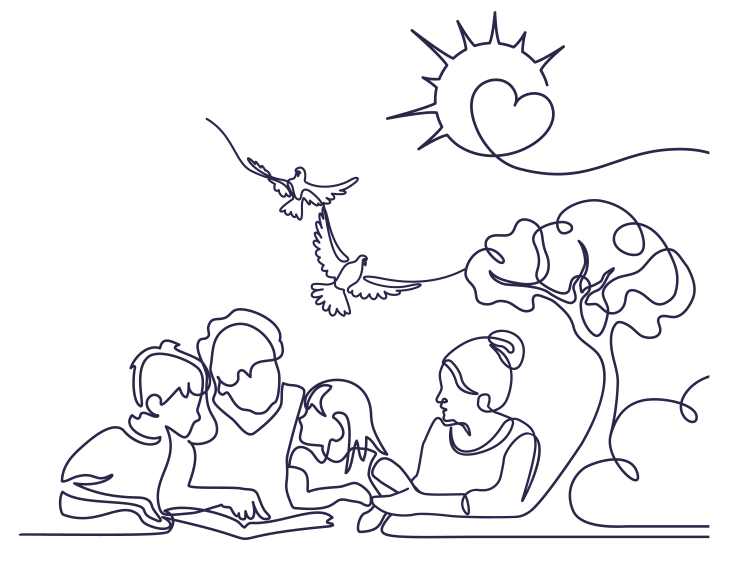Compensation
What is the total amount of Compensation the Government of Canada will pay?
In the final settlement agreement negotiated between the AFN, Moushoom/Trout, and the Government of Canada, a total of $23.343 billion has been agreed to for compensating individuals who have been discriminated against in the FNCFS Program and Jordan’s Principle.
Do I qualify for compensation, and if I do how much will I get?
The Final Settlement Agreement determines the amount of compensation available for each class. For more information on compensation classes and amounts, please consult the Compensation Executive Summary. There are five broad groups of people who qualify for compensation:
Children taken into care:
First Nations individuals who, at any time during the period between April 1, 1991 and March 31, 2022, while they were under the Age of Majority, were removed from their home by child welfare authorities or voluntarily placed into care, and whose placement was funded by ISC, were Ordinarily Resident on a Reserve or were living in the Yukon, but excluding individuals living in the Northwest Territories at the time of removal.
Jordan’s Principle:
All First Nations individuals who, during the period between December 12, 2007, and November 2, 2017, did not receive from Canada (whether by reason of a Denial or a Service Gap) an Essential Service relating to a Confirmed Need, or whose receipt of said Essential Service relating to a Confirmed Need was delayed by Canada, on grounds, including but not limited to, lack of funding or lack of jurisdiction, or as a result of a Service Gap or jurisdictional dispute with another government or governmental department while they were under the Age of Majority.
Trout Class:
First Nations individuals who, during the period between April 1, 1991, and December 11, 2007, while they were under the Age of Majority, did not receive from Canada (whether by reason of a Denial or a Service Gap) an Essential Service relating to a Confirmed Need, or whose receipt of said Essential Service was delayed by Canada, on grounds, including but not limited to, lack of funding or lack of jurisdiction, or as a result of a Service Gap or jurisdictional dispute with another government or governmental department.
Kith Child Class:
First Nations individuals living on reserve or in the Yukon, while under the age of majority, who at any time were sent off-reserve by a caregiving parent or caregiving grandparent involved with a child welfare agency to temporarily stay with a non-family member (also called “kith”), in a placement not funded by Indigenous Services Canada, between April 1, 1991, and March 31, 2022.
Family Class:
Individuals who are the primary caregiver of:
- a member of the Removed Child Class at the time of removal;
- a member of the Jordan’s Principle Class at the time of delay, denial or service gap and/or;
- a member of the Trout Class at the time of delay, denial or service gap,
- a member of the Kith Child Class at the time of removal
- an eligible Deceased Child Class member




